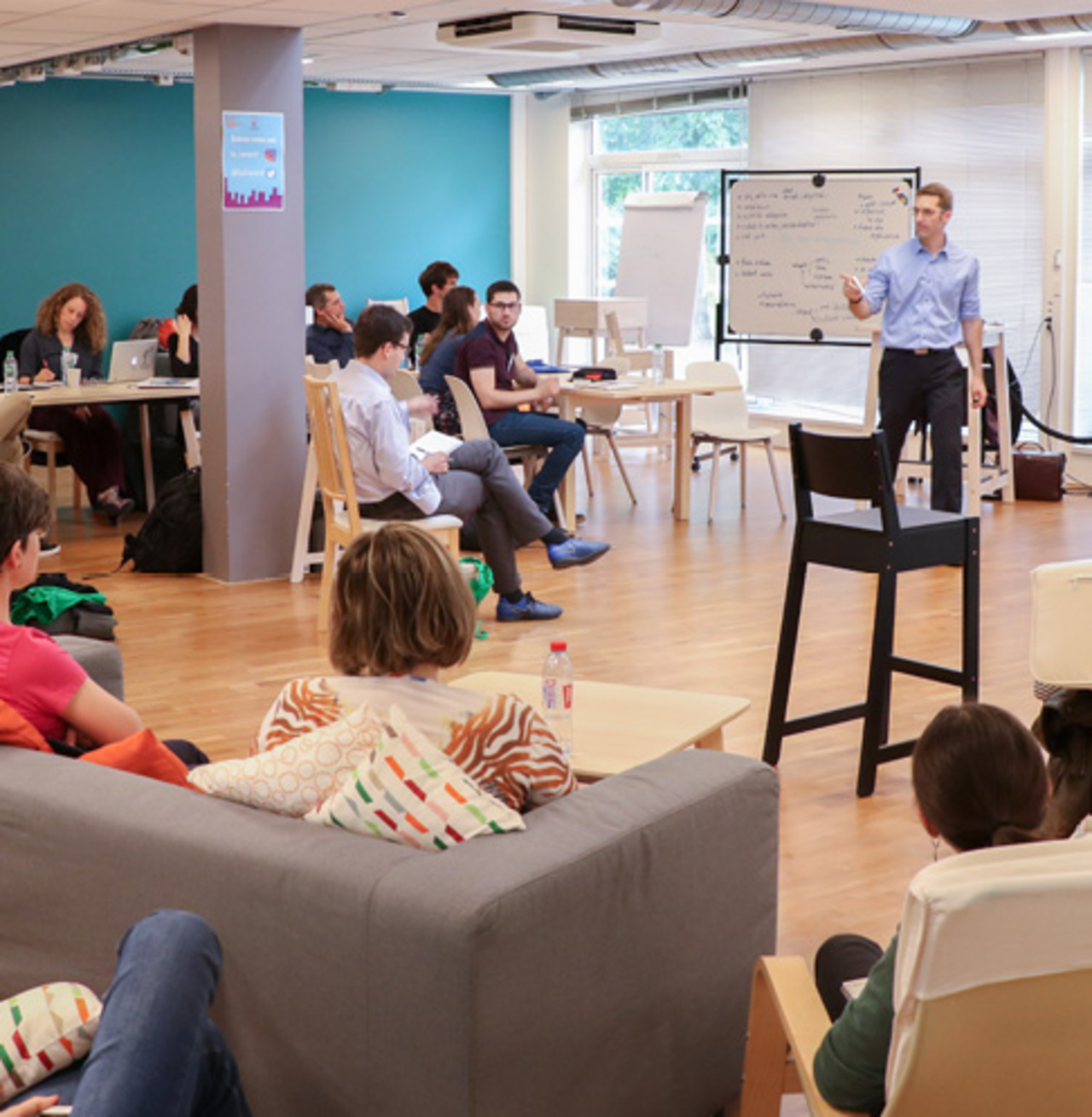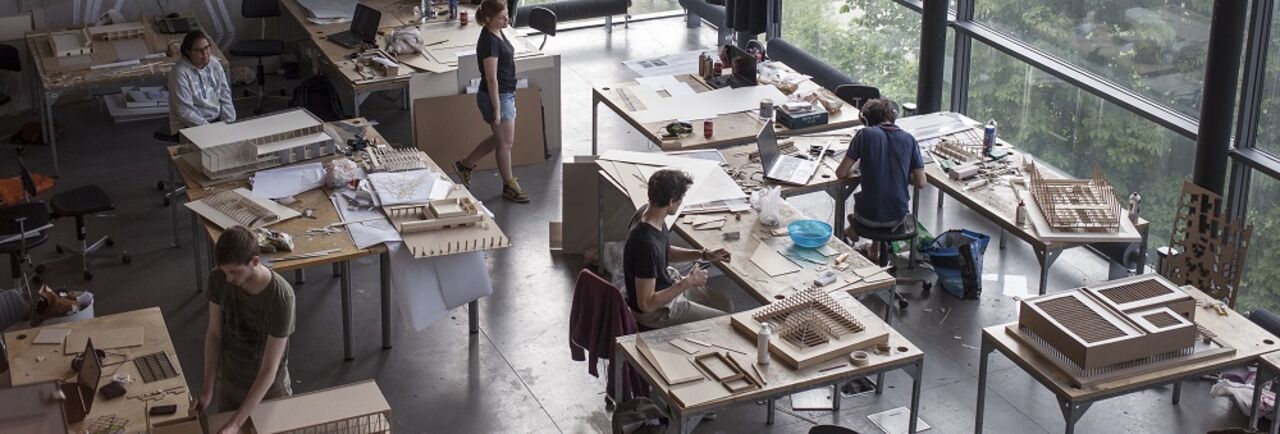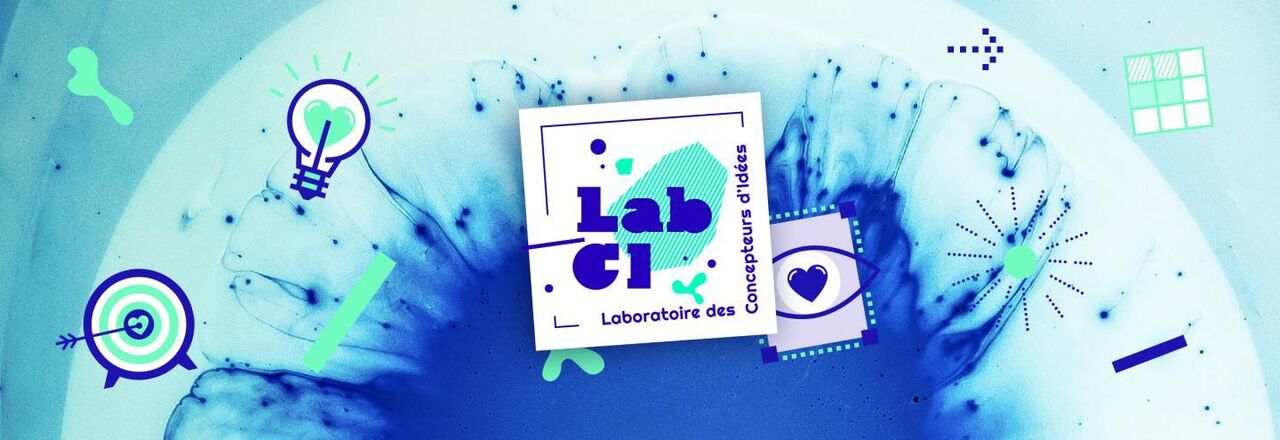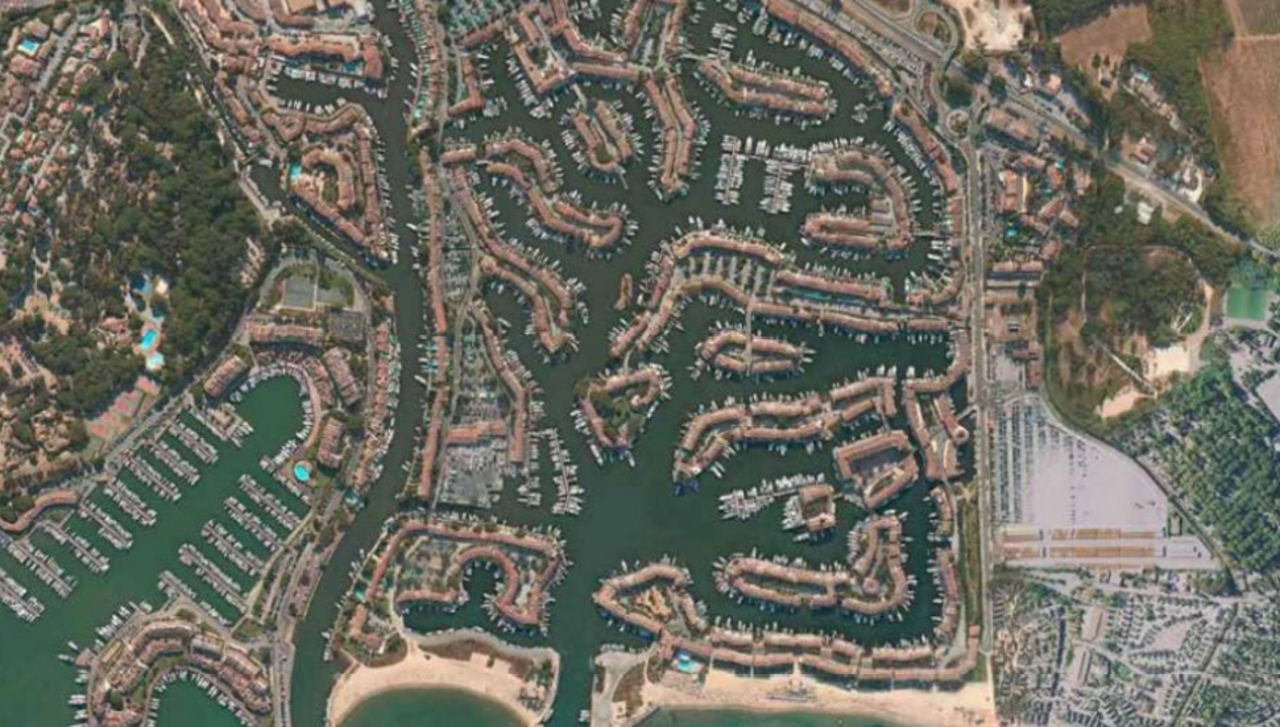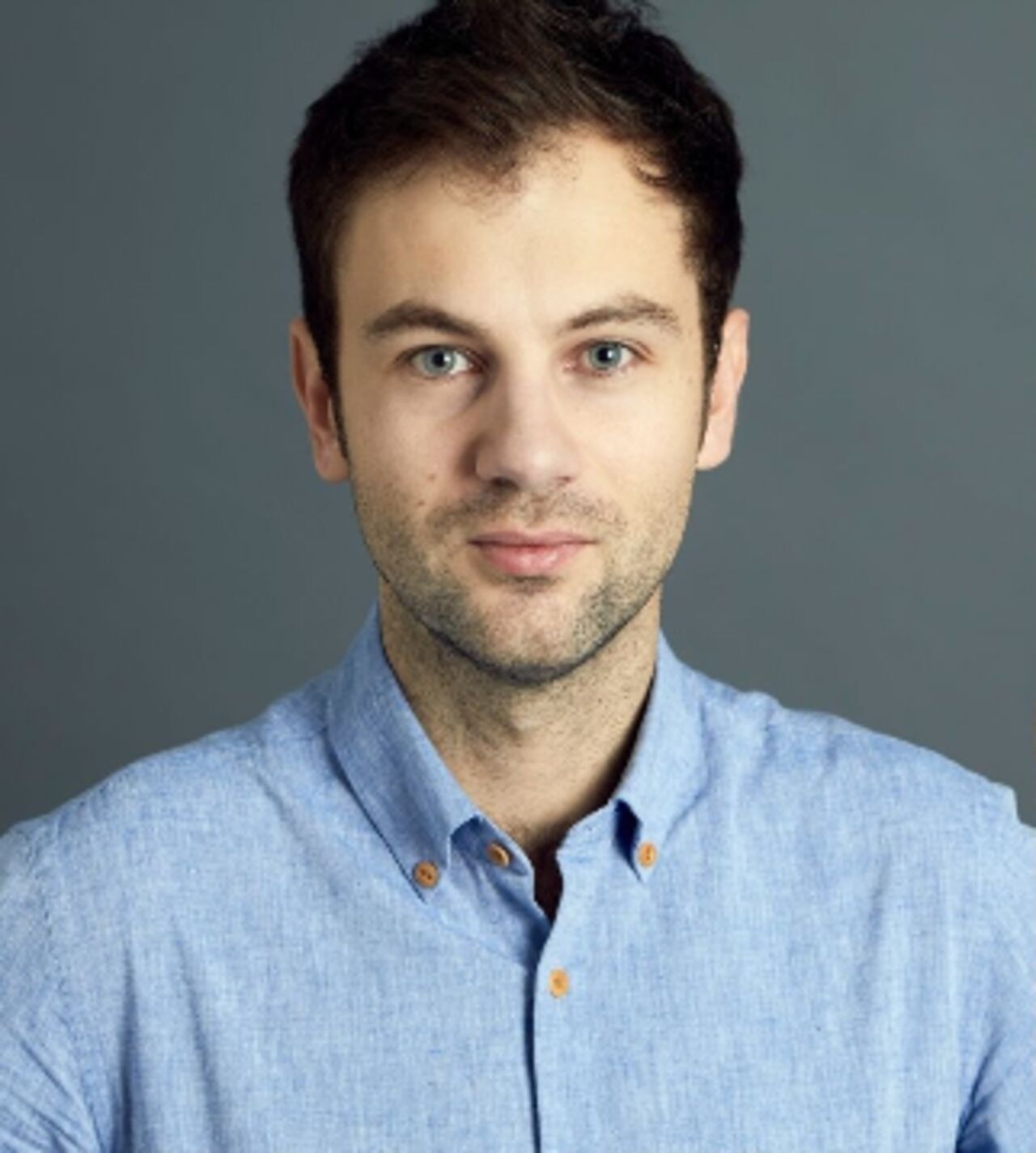Innovation in education in 2020: the creation of CIPEN
The I-SITE FUTURE project included the creation of the CIPEN. The aim of this Centre for Educational and Digital Innovation is to support teachers and teacher-researchers in the setting-up of transforming and/or innovative educational measures, to produce multi-media teaching resources, analyse teaching practices, lead research action in education and provide a language training service for specialists in other fields, in addition to certification in digital uses.
The goal of the CIPEN is to crystallise various teaching experiences thus helping to make Université Gustave Eiffel a reference in innovative teaching on a national and international level. The CIPEN serves a transversal vice-directorate-general for the whole establishment, enabling the concrete transformation of the University’s training programme through the support it lends to the various training units.
Further to consultations and discussions with member schools and units, University departments and agents in 2019, the CIPEN was created on 1 January 2020 in its initially-designed format. The 70 teacher-researcher, administrative and technical staff members joined the CIPEN, the result of a merger and/or pooling of existing departments such as CAPLA and the Digital Campus of the former UPEM (now the Digital & Media Department), but also through the creation of new departments such as the Observatory for Teaching Practices, the Transversal Training Department and the Educational Department.
The centre was hard hit by the health crisis in March 2020, forcing its closure. The teaching continuity plan had to be activated, which led the CIPEN to suspend its development and focus on the direct service to be provided to staff and students.
In spite of this, the CIPEN was able to support teaching teams in the implementation of the New University Curriculum project, D.Clic, provide teacher training to new lecturers, offer general teaching and digital training courses, update digital teaching tools in collaboration with the IT Department (DGDIN), roll out the Zoom video-conference application, begin testing the PIX certification, recruit new staff on new projects, equip classrooms with audio-visual facilities, supply audio-visual equipment for the purposes of remote working and teaching continuity, support training courses for the implementation of the competence-based approach, and initiate a research action for the promotion of teachers’ educational investment, etc.

